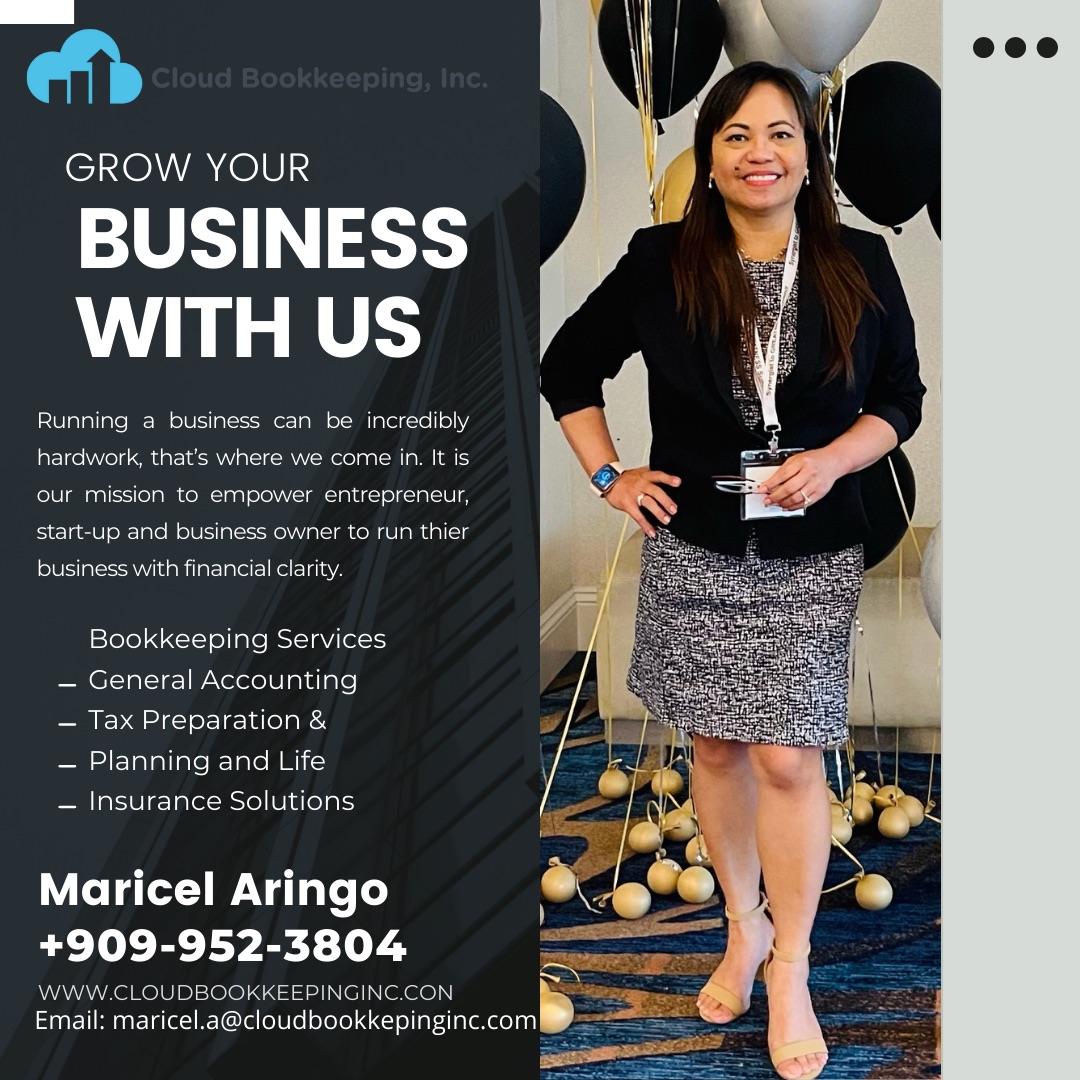Fake Invoice: How To Protect Your Business
- Maricel Aringo

- Mar 19, 2025
- 3 min read

Fake invoice scams are more prevalent in the business world than people assume. Small businesses are the most common targets for this form of fraud. Fraudsters send invoices to your business to get you to pay for goods and services you never ordered or received. These invoices may look genuine, which pressures you to act quickly to make a payment. Check your invoices and be aware of the warning signs of fake invoice scams to help keep your business safe.
What's A Fake Invoice Scam?
This is when a fraudster impersonates real vendors that your business works with in order to take advantage of your trust. The fraudster may claim that the invoice details for their goods and services have changed or they haven't received a payment. By impersonating the vendor, the fraudster may ask you to update the banking information on file so future payments are directed to them.
Warning Signs Of Fake Invoice Scams
You get a request to change banking information for one of your vendors
The vendor pressures you to pay quickly to avoid legal action
You receive an email from an unknown vendor requesting payment for an invoice
The invoice request and the accompanied language are unusual for the vendor
You receive an invoice from the vendor with a request to bypass normal policies and procedures
How To Deal With Fake Invoices
Create a process for inspecting invoices before paying them, such as confirming you received all the goods or services you ordered.
Educate employees to be diligent and identify any signs of fake invoice scams. Fraudsters will seek out opportunities to exploit any vulnerability in a company and its processes.
Set up a single point of contact with the company you do business with regularly.
Don't feel pressured to act quickly. If an invoice or request seems suspicious, confirm the request by calling the vendor at a known contact number.
Pay attention to each invoice and Check Email Addresses and Domains. Always verify the sender’s email address. Fraudsters often use domains that look similar to legitimate ones but contain small typos or extra characters.
Don't publicize your relationships with vendors, such as advertising it on your company website or social media channels. This can help prevent fraudsters from identifying your vendors and targeting you.
Key Takeaways
Most companies receive invoices on a daily basis. Small businesses can make a lot of invoicing mistakes, but not carefully reviewing received invoices is one of the most common ones. An employee can look past important details and pay the purchase order without even realizing it’s fraudulent.
Employees should take invoice fraud seriously because it can lead to a huge financial loss. Thankfully, there are a lot of steps businesses can take to prevent this from happening. Making sure the invoice is legit is one of them, as well as paying special attention to new clients or vendors. If you’re worried you’ve already paid for a fraudulent invoice, make sure to report it as soon as possible.
Reach Out for Help
Everyone deserves a supportive team of people who care. Cloud Bookkeeping Inc.’s team provides monthly bookkeeping and accurate financial reports. We’ll give you financial visibility throughout the year and deliver insights to make strategic business decisions
Get in Touch with Us for Our Services
We don’t just say it, we deliver – our work speaks for us! Contact us for 30 minutes of free consultation and opt for our Online Bookkeeping Service.
Cloud Bookkeeping, Inc.
(Our Office Addresses)
1. 3281 E. Guasti Road, Suite 700
Ontario California 9176
2. 5000 Birch St., West Tower,
Suite 3000 Newport Beach, CA 92660
Tel: +1 (909) 952-3804
Website: www.cloudbookkeepinginc.com





Comments